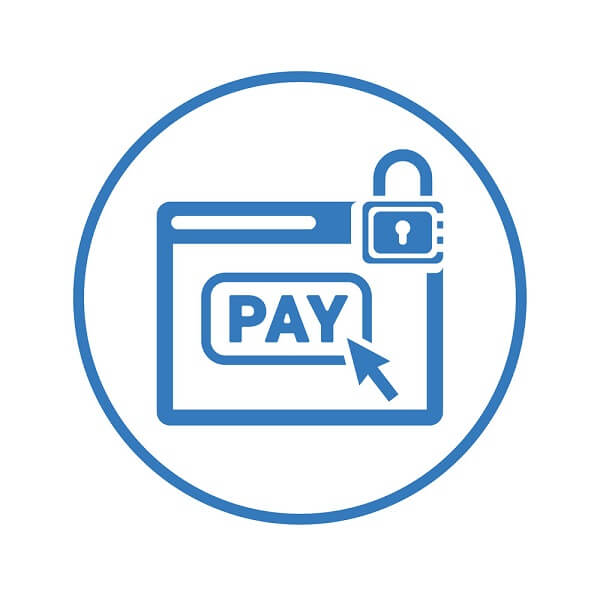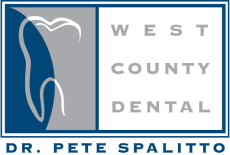-
Acid Reflux & Tooth Decay
You know that chewing is the first step in the digestive process, but did you know that your digestive health can have an impact on your teeth? If you have acid reflux, it could be eroding your tooth enamel. Once it wears away, enamel can’t be restored. However, you can take action before it happens to protect your teeth.
Before we get into that, let’s talk about why enamel erosion happens in the first place. If you’ve got acid reflux, you know it’s very uncomfortable. Symptoms of acid reflux, also known as gastroesophageal reflux (GERD), include chest pain and heartburn. These symptoms occur because acid produced by the stomach has washed back up into the esophagus. That same stomach acid can reach your teeth and wear away their enamel. Strong enamel protects your teeth against pain and sensitivity, but when that enamel erodes, your teeth become vulnerable to tooth decay and cavities.
Acid reflux is not the only thing that can erode your enamel. Too much sugar, acidic foods, heavy drinking, brushing too hard, and tooth grinding are among the other culprits. GERD is probably the most damaging of all, so take these steps to protect your teeth:
- Work on getting your acid reflux under control. Work with your doctor to determine the best way to do this. Your plan may include things like losing weight, eating fewer acidic foods, having smaller meals, sleeping propped up, quitting smoking, and limiting your alcohol consumption.
- Change the way you eat and drink. This starts with cutting back on acidic foods like soda, citrus, and even tomato sauce, but that’s just the beginning. You can also protect your enamel by not eating within three hours of bedtime and drinking through a straw. Never brush immediately after a meal, because that can be erosive. Instead, swish water around your mouth after you eat or have a piece of cheese or glass of milk to finish your meal and neutralize the acid.
- Drink plenty of water. This keeps damaging substances from staying on your teeth and can also lessen dry mouth.
- Chew some gum. Chewing sugar free gum can increase saliva production, which strengthens your teeth and helps protect them against erosion and decay.
- Choose a fluoride toothpaste formulated for sensitive teeth. Talk to your dentist about your best options for toothpaste and mouthwash.
- See your dentist regularly. Seeing the dentist every six months is something everyone should do, but it’s particularly important for people with acid reflux. Your dentist will notice any tooth erosion and can help you keep your teeth healthy.
At West County Dental, we provide personalized family dental care using state of the art procedures. Adhering to a standard of excellence, we provide comprehensive treatment, from preventive care to restorative dentistry. When you reserve a visit with West County Dental, you can be confident that our team of highly-trained dental professionals will provide you the care you need for a healthy smile. Call (314) 488-2921 or contact us through our website today!
-
What Kinds of Patients Benefit from Sedation Dentistry?
Sedation dentistry is a safe and effective way to minimize anxiety and discomfort at the dentist office. If you’re wondering whether sedation dentistry could be right for you, consider the types of patients who benefit the most from this treatment option.
- Nervous or anxious patients: Millions of people feel nervous about going to the dentist. Don’t let dental anxiety prevent you from getting the dental care you need! Sedation dentistry “takes the edge off,” making your next dentist visit more pleasant than you thought possible.
- Patients undergoing a smile transformation: If you need several dental procedures at once, sedation dentistry makes your treatment more comfortable. With lower anxiety and an overall feeling of calm, it’s easier than ever to transform your smile with the restorative services you need.
- Patients with a sensitive gag reflex: You may be nervous about a dentist or hygienist working in your mouth because you have a sensitive gag reflex. Sedation dentistry is the perfect way to combat this uncomfortable feeling, allowing you to relax and receive the care you need.
- Patients with a low pain threshold: Thanks to modern dental anesthesia, even notorious root canals are about as uneventful as getting a filling. Still, you may be nervous just anticipating the pain you might feel, especially if you had a negative experience with your previous dentist. Not only does sedation dentistry make you feel more relaxed, but it also dulls your sense of pain to keep you comfortable from start to finish.
If you think sedation dentistry may be right for you, the last step is to decide which one to try. West County Dental offers two options:
- Oral conscious sedation is a pill that relaxes you but keeps you awake and able to respond. You’ll need to take the medication before coming to the dentist and have a family member or friend drive you to and from the appointment.
- Nitrous oxide, commonly called laughing gas, is a mild sedative delivered through your nose. It is completely safe to breathe and doesn’t put you to sleep. Instead, you feel cheerful and relaxed while having dental work done. The sedation level is easy to adjust and takes effect within seconds.
To learn more about the sedation dentistry options at West County Dental, please contact our St. Louis dentist office at (314) 488-2921 or contact us online.
RECENT POSTS
categories
- Uncategorized
- crowns
- dental veneers
- dentists
- full service dental practice
- porcelain veneers
- same day crowns
- Dental Cosmetic Surgery
- Dental Implants
- Dentistry
- Dentist Review
- Laser Dentistry
- Root Canal
- Sedation Dentistry
- Dentures
- Cleanings
- Teeth Whitening
- Abscessed Teeth
- Cosmetic Dentistry
- Infographic
- Cavities
- Sealants
- Gum Recession
- Periodontal Disease
- Dental Health
- Family Dentistry
- Dental Emergency
- Invisalign
- Filling
- Same Day Dental Procedures
- Gum disease
- Sleep Apnea
Archives
2022
2021
- December (2)
- November (1)
- October (3)
- September (2)
- August (2)
- July (2)
- June (2)
- May (2)
- April (2)
- March (2)
- January (2)
2020
2016
2015
- December (4)
- November (3)
- October (3)
- September (4)
- August (4)
- July (4)
- June (4)
- May (3)
- April (3)
- March (4)
- February (5)
- January (6)

